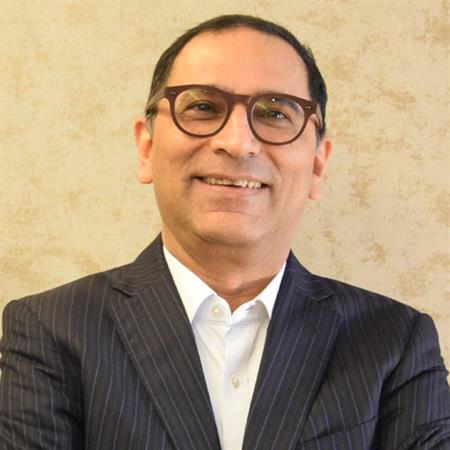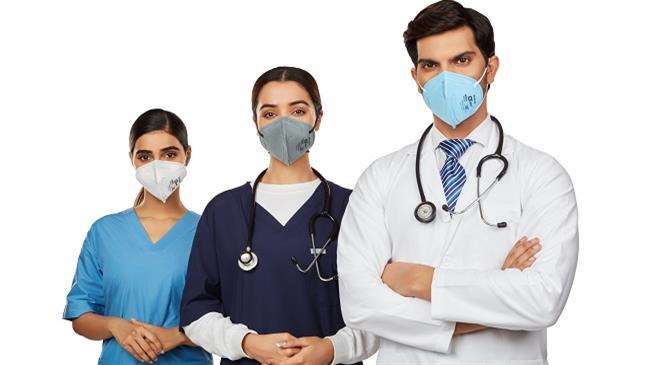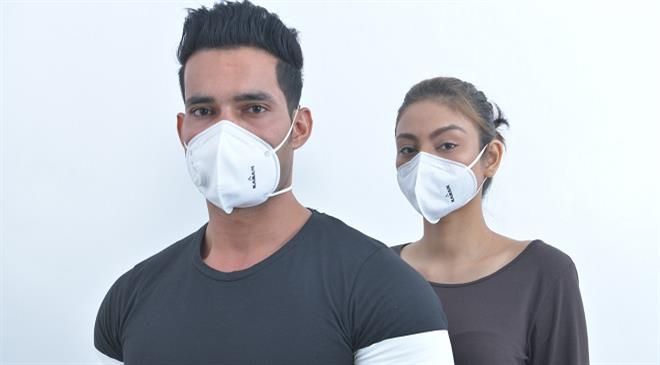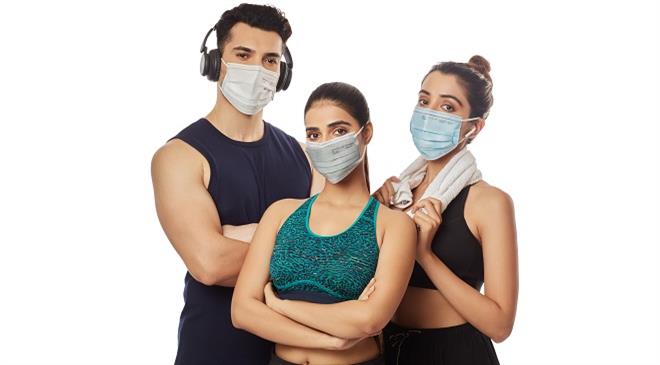


Hemant Sapra

The advent of COVID-19 pandemic has brought an unprecedented human and health crisis at a vast scale. This resulted in thousands of lives lost, and posed a significant incremental cost to the healthcare system. Post-COVID, the demand for PPE has drastically escalated. The increased industrial output to bring the economy back to a stable state has also led to increased demand for industrial safety equipment. When factories work overtime to produce more goods, they use and consume more raw materials and therefore more use of safety products takes place. The government has also been awarding loads of new infrastructure projects leading to increased construction activity thus increasing the demand for safety equipment.

We work across various segments. Every major industry requires PPE for the safety of its employees, especially for labour-intensive tasks. Our major markets are the construction segment, oil and gas refineries, automobile industry, heavy metal engineering, warehouses, telecom etc. As we are a company with our own completely backward integrated manufacturing, we are able to cater to multiple industries across the globe with provisions for customisation, upgrade etc.
PPE in a nutshell is used for the prevention of workplace injuries. Its application ranges from areas involving working on heights, moving in and out of confined spaces, working in extreme temperature conditions or exposure to chemicals, offshore areas, mining etc. Fall protection equipment like full body harnesses, lanyards, anchorages and other PPE like safety helmets, protective eyewear, ear protectors, protective gloves, protective footwear etc should be mandatory in such areas.
At Karam, making our factories well-equipped with the latest manufacturing and automation technology has become our key mission. Having a strong presence worldwide, we bring in the best of technology from all over the globe to our factories—be it for manufacturing, testing, data processing or supply chain and logistics. Every aspect of our business is about constantly evolving towards a sustainable future.


DISCLAIMER: All views and opinions expressed in this column are solely of the interviewee, and they do not reflect in any way the opinion of technicaltextile.net.